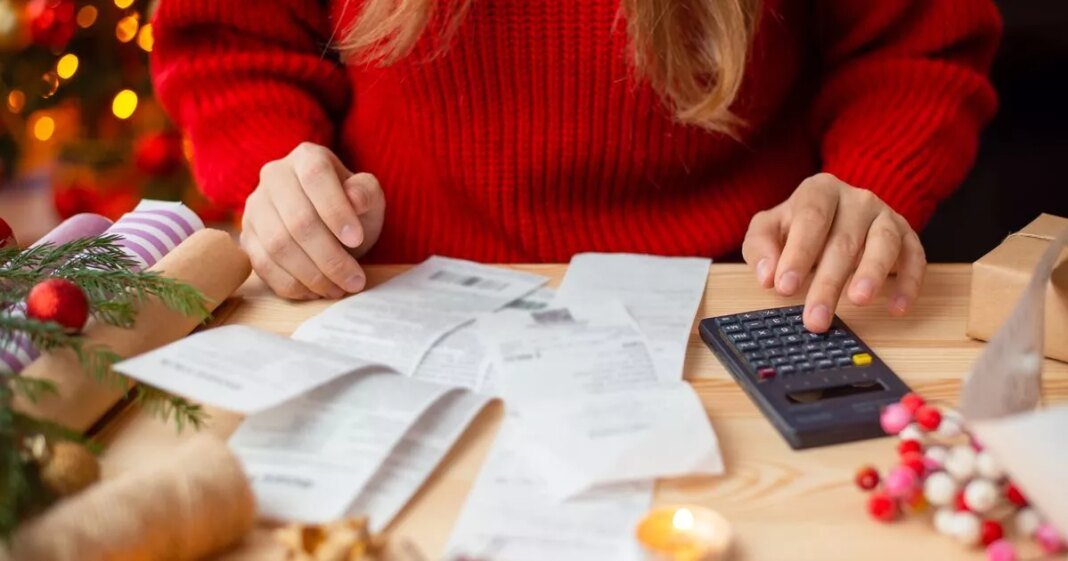Millions of individuals who receive certain benefits are set to get an additional payment in a few weeks. The Department for Work and Pensions (DWP) issues an annual Christmas bonus of £10, usually distributed in early December but sometimes arriving as late as January.
Automatically eligible for this bonus are beneficiaries of benefits such as Attendance Allowance, Pension Credit, and Personal Independence Payment. To receive the Christmas bonus, individuals must be receiving one of these benefits during the designated “qualifying week” in early December.
Applicants must be present or considered “ordinarily resident” in the UK, Channel Islands, Isle of Man, or Gibraltar during the qualifying week. In cases where individuals are married, in a civil partnership, or cohabiting, both partners may qualify for the Christmas bonus if they are both benefit recipients.
The payment typically appears as “DWP XB” on bank statements, is tax-free, and does not impact other benefits. Even if one partner does not receive the qualifying benefits, they may still be eligible for the bonus if they meet specific criteria.
The Christmas bonus was established by the DWP in 1972 and has faced criticism for not being permanently increased since its inception. While briefly raised to £70 in 2008 to assist during the financial crisis, it was later reduced back to £10 the following year.

